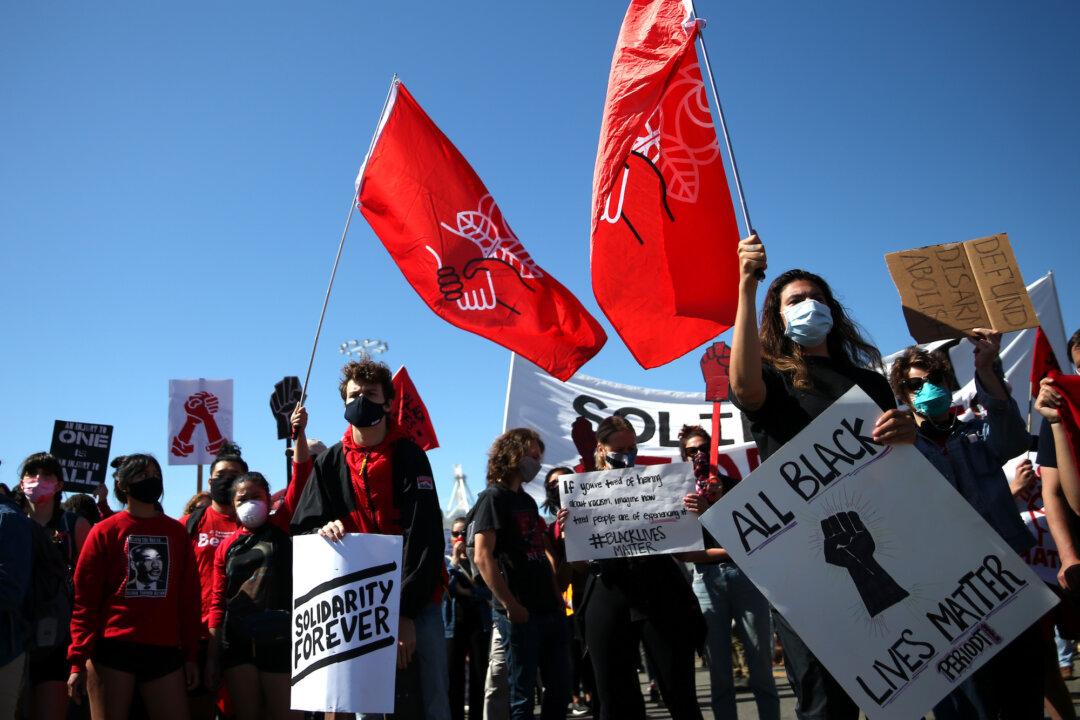A piece of legislation, which would require all high school students in California to take an “ethnic studies” course promoting racial justice activism, is heading to the desk of Gov. Gavin Newsom after clearing both houses of the state legislature.
The bill, known as AB 331, passed California’s Assembly floor on Monday in a 62-12 vote. It was shelved in August 2019 after backlash over a proposed model curriculum, on which the ethnic studies course would be based. A new draft model curriculum was put forward last month, leading to the revival of AB 331 amid nationwide protests and riots.





